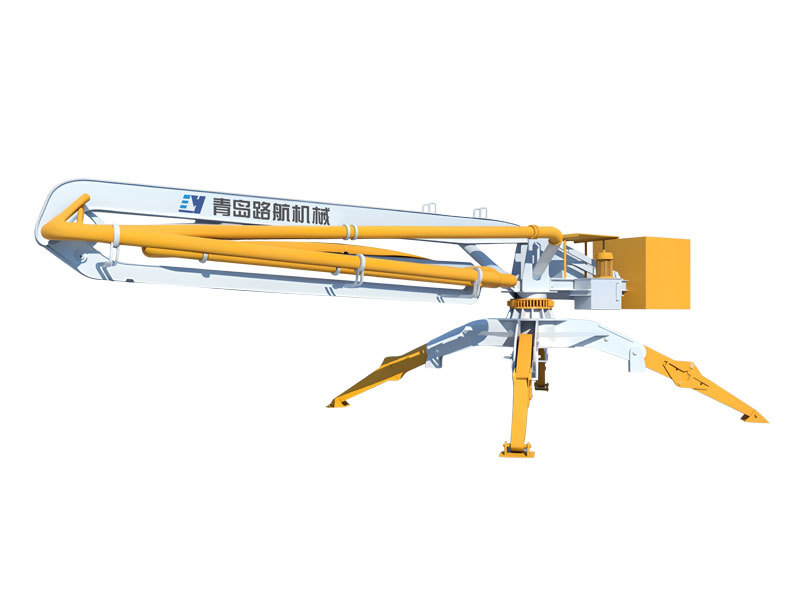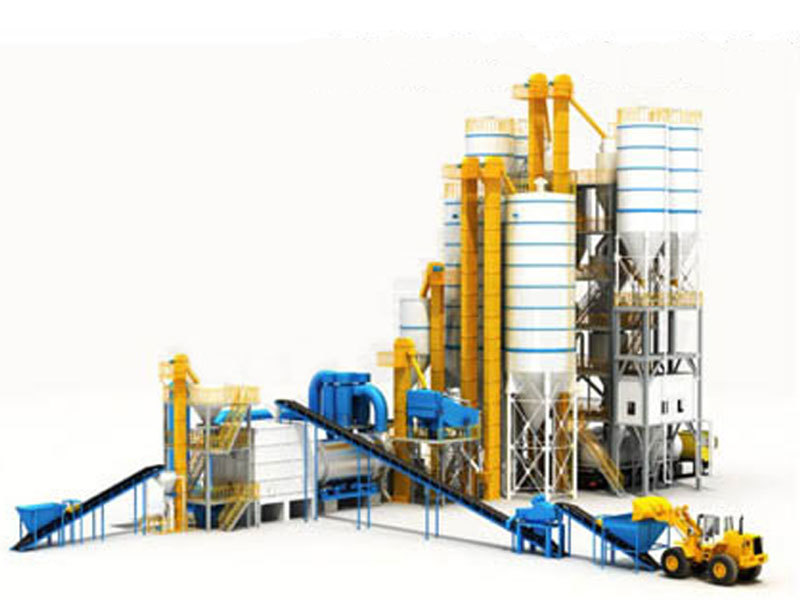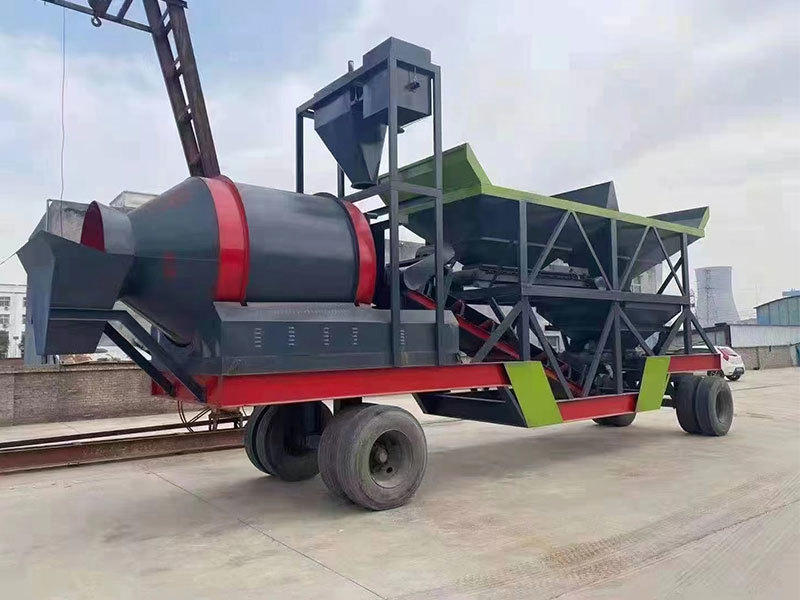The Essential Guide to Hydraulic Fabricators in the Hydraulic Tools Industry
Release time:
Jun 29,2025
Hydraulic fabricators play a crucial role in the hydraulic tools industry, specializing in the design and manufacturing of components used in hydraulic systems. Understanding what defines a hydraulic fabricator and their significance can greatly enhance your knowledge of hydraulic tools and their applications. At its core, a hydraulic fabricator is a professional or company that focuses on creatin

Hydraulic fabricators play a crucial role in the hydraulic tools industry, specializing in the design and manufacturing of components used in hydraulic systems. Understanding what defines a hydraulic fabricator and their significance can greatly enhance your knowledge of hydraulic tools and their applications.
At its core, a hydraulic fabricator is a professional or company that focuses on creating hydraulic components, such as cylinders, hoses, fittings, and other vital elements necessary for hydraulic systems. These systems are designed to transmit power through fluid pressure, making them essential in various applications, from construction machinery to automotive systems.
One of the primary responsibilities of a hydraulic fabricator is to ensure precision in their products. This involves meticulous design processes and the use of advanced machinery. The ability to fabricate components that can withstand high pressures and harsh working conditions is essential for maintaining the reliability of hydraulic systems. A skilled hydraulic fabricator must understand material properties and how different materials interact under stress, which is vital for creating durable products.
In addition to fabrication, a hydraulic fabricator often engages in assembly and testing processes. These stages are critical, as they ensure that all components work seamlessly together. Quality control measures are implemented to check for leaks, functionality, and overall performance before the products reach the market. This attention to detail not only enhances product safety but also ensures customer satisfaction.
Moreover, hydraulic fabricators must stay updated with the latest technological advancements in the industry. Innovations in materials, design software, and fabrication techniques can significantly impact the efficiency and performance of hydraulic tools. Adapting to these changes allows hydraulic fabricators to maintain a competitive edge and offer cutting-edge solutions to their clients.
Sustainability is also becoming increasingly important in hydraulic fabrication. Many companies are exploring eco-friendly materials and sustainable practices in their manufacturing processes. This not only helps reduce the environmental impact but can also appeal to clients who prioritize sustainability in their operations.
In summary, hydraulic fabricators are essential to the hydraulic tools industry, contributing significantly through precision manufacturing, quality assurance, and innovation. Understanding their role can help you appreciate the complexities behind hydraulic systems and the importance of reliable components. Whether you are looking to engage a hydraulic fabricator or simply wish to broaden your knowledge, recognizing their impact on hydraulic tools will enhance your grasp of the industry as a whole.
At its core, a hydraulic fabricator is a professional or company that focuses on creating hydraulic components, such as cylinders, hoses, fittings, and other vital elements necessary for hydraulic systems. These systems are designed to transmit power through fluid pressure, making them essential in various applications, from construction machinery to automotive systems.
One of the primary responsibilities of a hydraulic fabricator is to ensure precision in their products. This involves meticulous design processes and the use of advanced machinery. The ability to fabricate components that can withstand high pressures and harsh working conditions is essential for maintaining the reliability of hydraulic systems. A skilled hydraulic fabricator must understand material properties and how different materials interact under stress, which is vital for creating durable products.
In addition to fabrication, a hydraulic fabricator often engages in assembly and testing processes. These stages are critical, as they ensure that all components work seamlessly together. Quality control measures are implemented to check for leaks, functionality, and overall performance before the products reach the market. This attention to detail not only enhances product safety but also ensures customer satisfaction.
Moreover, hydraulic fabricators must stay updated with the latest technological advancements in the industry. Innovations in materials, design software, and fabrication techniques can significantly impact the efficiency and performance of hydraulic tools. Adapting to these changes allows hydraulic fabricators to maintain a competitive edge and offer cutting-edge solutions to their clients.
Sustainability is also becoming increasingly important in hydraulic fabrication. Many companies are exploring eco-friendly materials and sustainable practices in their manufacturing processes. This not only helps reduce the environmental impact but can also appeal to clients who prioritize sustainability in their operations.
In summary, hydraulic fabricators are essential to the hydraulic tools industry, contributing significantly through precision manufacturing, quality assurance, and innovation. Understanding their role can help you appreciate the complexities behind hydraulic systems and the importance of reliable components. Whether you are looking to engage a hydraulic fabricator or simply wish to broaden your knowledge, recognizing their impact on hydraulic tools will enhance your grasp of the industry as a whole.
Key words:




